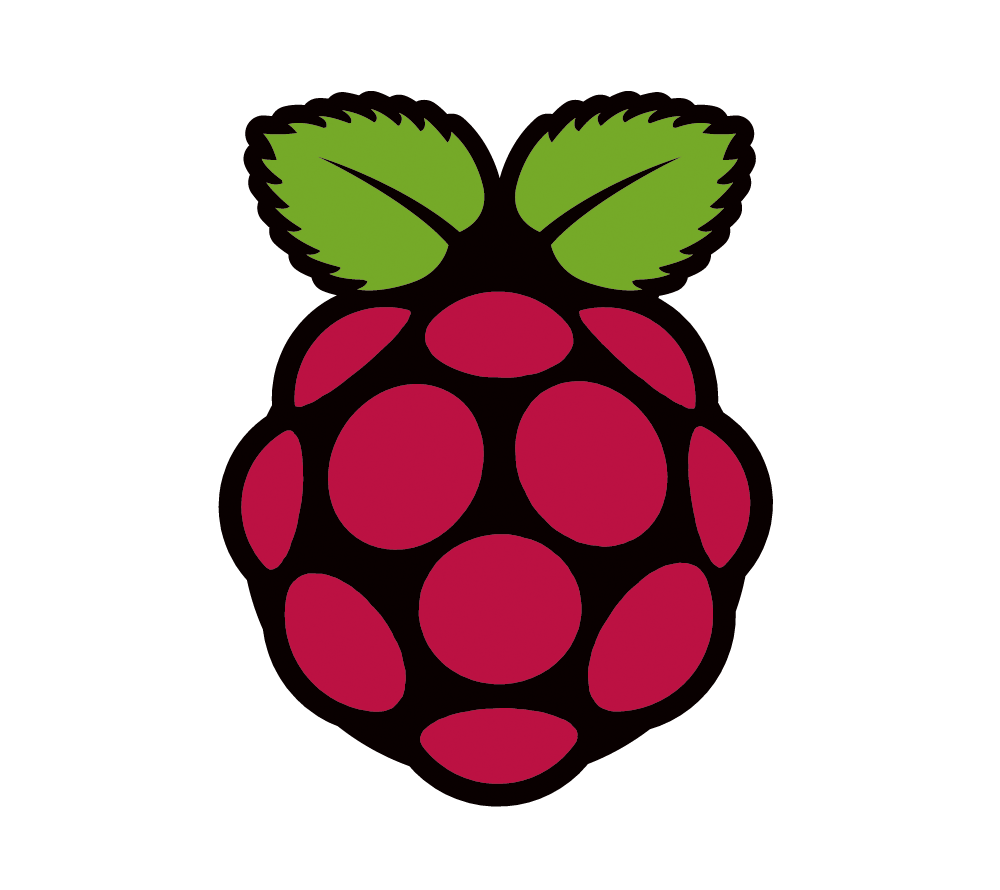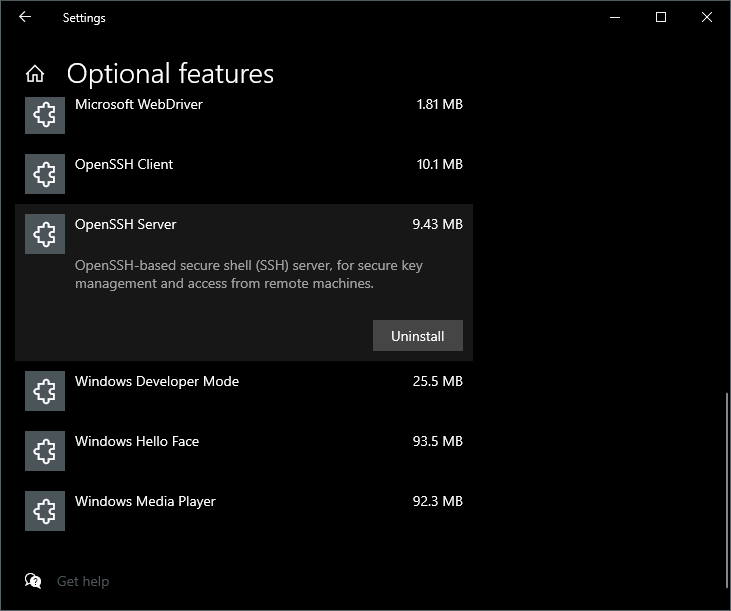Ansible
Putting IaC in Your CI/CD
Presented by
Zackary Lowery
on June 22nd, 2020 at
Leading EDJE.
Available online at https://presentations.xcjs.com/
Press your space bar or swipe to navigate down and then forward. »
Traits of IaC Tooling
Selectively sourced from Gruntwork's Why we use Terraform and not Chef, Puppet, Ansible, SaltStack, or CloudFormation
The Primary Trait of IaC Tooling
| Configuration Management | Provisioning |
|---|---|
| Manage existing infrastructure through software installation and configuration. | Supply new infrastructure such as servers, network routes, or other systems. |
Secondary Traits of IaC Tooling
| Trait | Types |
|---|---|
| Mutability | Mutable vs. Immutable |
| Syntax | Declarative vs. Procedural |
| Mastered | Master vs. Masterless |
| Agented | Agented vs. Agentless |
Utilized Technologies
Configuration Management
Version Control and CI/CD


Ansible Traits
-
Configuration Manager*
* primarily out of the box -
Declarative*
* when used as a configuration manager - Mutable
- Masterless
- Agentless
Related Technologies
| Tool | Traits |
|---|---|
 Terraform
Terraform
|
Provisioning |
 CloudFormation
CloudFormation
|
Provisioning |
 Chef
Chef
|
Configuration |
 Puppet
Puppet
|
Configuration |
 SaltStack
SaltStack
|
Configuration |
What do I like about Ansible?
- Supports Idempotent Operations
- Utilizes SSH
- Cross-Platform
- Iterative
Why am I Using Ansible?
| Host | OS | Primary Role |
|---|---|---|
| X99 |

|
Primary Client |
| USERV |

|
Personal Server |
| XCJS |

|
Personal Web Site |
| CLOUD |

|
Cloud Server |
| UDEV2 |

|
Software Development |
| MDEV |

|
Third Monitor |
| MDEV2 |

|
Software Development |
| GNUBEE |

|
NAS |
| AR4 |

|
Gaming Console |
| XPS410 |

|
Folding@home Client |
| LAKKA |

|
Emulation Gaming Console |
| K8S[0-4] |

|
Kubernetes Cluster |
| XPSM170 |

|
Retired (x86 Only) |
Getting Started with Ansible
Inventory File
- Lists hosts available to configure
- Available in INI or YAML flavors
- You're going to want to use YAML
- Hosts can be grouped
- Usually named "hosts", "hosts.ini", or "hosts.yml"
Roles
- Interdependent or independent collection of variables, tasks, files, templates, or modules
- Basic building block of a playbook
Tasks
- Call to an Ansible module
- Each task usually provides a set of return values that can optionally be used later
Playbook
- Assigns roles to hosts from the inventory
- Assignments can be listed by host, several hosts, or a group
- Usually named "site.yml" or by another logical grouping such as geographical location
Variables
- Variables can be referenced, assigned, or looped over
- Accessed via the Jinja2 template language within tasks or file templates
Variable Assignment
- In the playbook
- Task result via the "register" keyword
- Set from the command line
Variable Scope
- Global
- Playbook
- Host
Facts
Facts are variables gathered from the host before Ansible begins the playbook.
Typical Filesystem Hierarchy
-
roles/
-
example-role/
- files/
-
tasks/
- main.yml
- templates/
-
example-role/
- hosts.yml
- site.yml
Using Ansible at Home
Inventory Example
hosts.yml
all:
hosts:
ungrouped-host:
ansible_*: Override Ansible config/fact
vars:
host_var: example value
vars:
global_var: example value
children:
group:
hosts:
grouped-host:
# Each host can have its own vars/overrides.
My Inventory
inventory.yml (instead of hosts.yml)
- Specialized hosts such as GNUBEE and LAKKA are ungrouped
- Remaining hosts are grouped as either clients or servers
Applications as Roles
roles/build-essential/tasks/main.yml
---
- name: Install build-essential
apt:
name: build-essential
update_cache: yes
Dependent Roles
roles/nodejs/tasks/ubuntu.yml
---
- name: Require the build-essential role
include_role:
name: build-essential
- name: Execute the Node.js 12 LTS install script
script: node_setup_12.x
- name: Install nodejs
apt:
name: nodejs
update_cache: yes
Containers as Roles
roles/plex/tasks/ubuntu.yml
# ...
- name: Start the plex container
docker_compose:
build: yes
project_src: /tmp/ansible/roles/plex/files/
environment:
# Lines that begin with Jinja variables need to
# be quoted to avoid defining a YAML dictionary
DOCKER_DATA: "{{ docker_data }}"
PLEX_GID: "{{ plex_group.gid }}"
PLEX_UID: "{{ plex_user.uid }}"
PLEX_MEDIA: "{{ plex_media }}"
Containers as Roles: Host Variables
inventory.yml
---
all:
vars:
docker_data: /srv/
plex_media: /mnt/cloud/media
hosts:
children:
servers:
hosts:
cloud.xcjs.com:
vars:
hostname: CLOUD
Containers as Roles: Return Values
roles/plex/tasks/ubuntu.yml
# ...
- name: Create the plex user
user:
name: plex
create_home: no
system: yes
group: plex
# Registers task result as a variable named plex_user
register: plex_user
# ...
# Use plex_user.uid later to get the user's ID
Supporting Offline Hosts
site.yml
# ...
- name: Clients
hosts: clients
ignore_errors: true
ignore_unreachable: true
roles:
# ...
Supporting Windows in the Inventory
- Windows 10 added OpenSSH support in April 2018
- Ansible assumes Linux = SSH, Windows = WinRM

Supporting Windows in the Inventory: Example
inventory.yml
# ...
x99.local:
ansible_become: false
ansible_connection: ssh
ansible_distribution: Microsoft Windows 10 Professional
ansible_shell_type: cmd
ansible_os_family: windows
ansible_user: Zack
vars:
docker_data: C:/srv/
# ...
Supporting Windows in Tasks: Main
roles/firefox/tasks/main.yml
---
- name: Execute the Ubuntu task list
when: ansible_distribution == "Ubuntu"
include_tasks: ubuntu.yml
- name: Execute the Windows task list
when: ansible_os_family == "windows"
include_tasks: windows.yml
Supporting Windows in Tasks: Ubuntu
roles/firefox/tasks/ubuntu.yml
---
- name: Install firefox
apt:
name: firefox
update_cache: yes
Supporting Windows in Tasks: Windows
roles/firefox/tasks/windows.yml
---
- name: Install firefox
win_chocolatey:
name: firefox
state: latest
Future Endeavors
- Discover/reverse-engineer specialized configurations
- Certificate management
- More roles
- More Docker (Ed LeGault intensifies)
- More environment variables with persistence
- Object storage for artifact acquisition
CI/CD with GitLab
Branching Strategy
| Branch | Stages | Jobs |
|---|---|---|
|
feature/*
(from master) (to staging) |
|
|
|
staging
(to master) |
|
|
| master |
|
|
Lint
.gitlab-ci.yml
---
# ...
Lint Playbooks:
stage: Lint
script:
- ansible-playbook -i 127.0.0.1, --syntax-check site-test-ubuntu.yml
- ansible-playbook -i 127.0.0.1, --syntax-check site-test-windows10.yml
- ansible-playbook -i inventory.yml --syntax-check site.yml
# ...
Test: Virtual Machine Run
.gitlab-ci.yml
---
# ...
Test Ubuntu 18.04:
except:
refs:
- master
- staging
stage: Test
before_script:
- vagrant destroy --force
- vagrant plugin install vagrant-vbguest
- vagrant box update
script:
- vagrant up ubuntu
after_script:
- vagrant destroy --force
# ...
Test: Dry Run
.gitlab-ci.yml
---
# ...
Dry Run:
only:
refs:
- master
- staging
stage: Test
script:
- ansible-playbook -i inventory.yml --check site.yml
# ...
Deploy
.gitlab-ci.yml
---
# ...
Deploy:
only:
refs:
- master
stage: Deploy
script:
- ansible-playbook -i inventory.yml site.yml
# ...
End
Continue to CI/CD Optimization with a Case Study Involving Ansible and GitLab.
Return to the rest of the presentations.